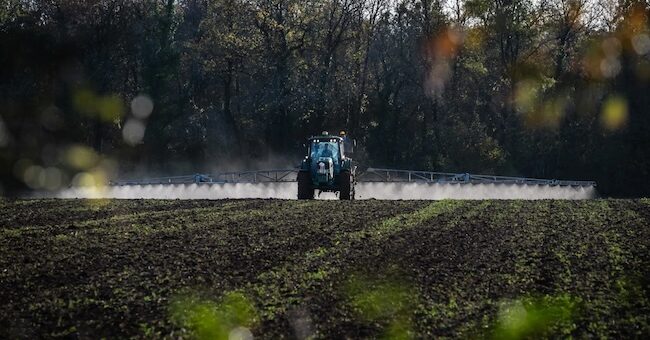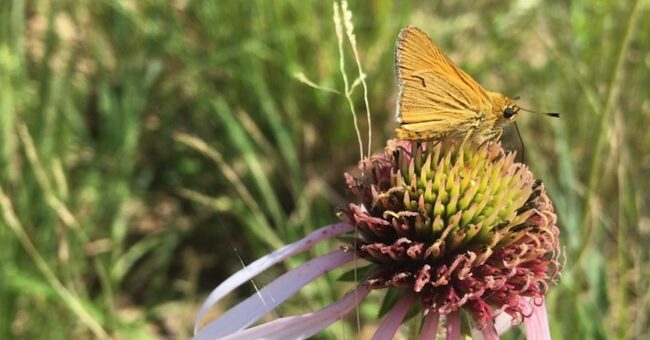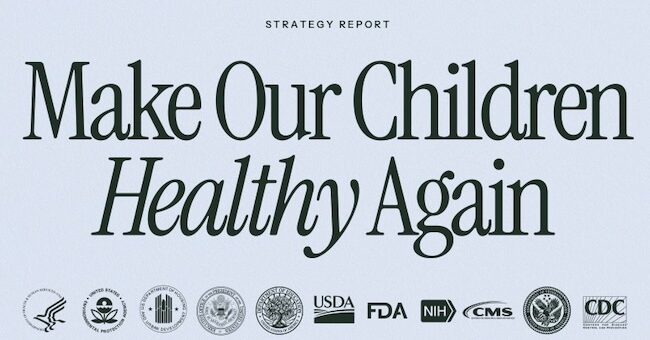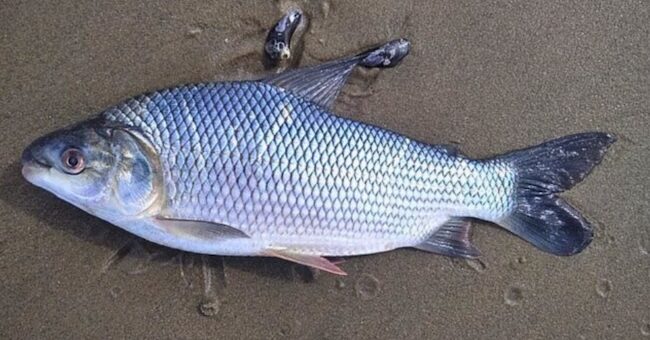The EPA’s approval of 2,4-D and glyphosate mixture are finally undone following a decade-long campaign and Center for Food Safety litigation.
Read ArticleOrganic Insider Article Archive
Easily search through articles, by keyword or topic
Category: Pesticides - Count: 254
Florida First Lady Casey DeSantis Warns of Weedkiller in Bread
The Healthy Florida First initiative tested popular bread brands, revealing “triple-digit” levels of the herbicide glyphosate.
Read ArticleEPA Reapproves Dangerous, Drift-Prone Pesticide Dicamba
The reapproval comes despite federal court decisions in 2020 and 2024, striking down the agency’s previous approvals of the weedkiller as unlawful.
Read ArticleOutrage at European Science Center as Director Ousted after Study on Glyphosate
The Ramazzini Institute has ousted the director of its cancer research center after he led an extensive testing program into the safety of glyphosate, sparking concerns about chemical industry influence into what has been an independent research institution.
Read ArticleTexas AG Ken Paxton accuses Grocery Stores of Using Pesticide on Organic Produce without Customers’ Knowledge
AG Paxton said federal law requires organic produce be rinsed after it’s sprayed with chlorine and suggested the current practice may be against the law.
Read ArticleLawsuit Challenges Trump EPA’s Latest Approval of ‘Forever Chemical’ Pesticide
The insecticide was approved for use on golf courses, lawns and a host of food crops, including apples, oranges, lettuce, spinach and tomatoes.
Read ArticleFarmworker, Farmer and Community Protection Groups Bring EPA to Court to Stop New PFAS Pesticide Approval
The EPA, again, fails to follow its own cancer assessment guidelines and ignores health risks from cyclobutrifluram.
Read ArticlePesticide Industry Protection Stripped from Appropriations Bill
However, U.S. Rep. Chellie Pingree, a Democrat from Maine, expects to see continued efforts to get industry friendly language inserted into legislation, including into the new Farm Bill.
Read Article
In Illinois, Pesticide Spraying Near Schools Requires No Advance Notice
State legislators must get this policy reversed.
Read ArticleEPA dismisses New Cancer Warning on Atrazine
U.S. regulators are dismissing new research by international cancer experts that warns of links between cancer and the widely used pesticide atrazine, deriding the team of cancer scientists and echoing atrazine maker Syngenta in its criticism.
Read ArticleCalifornia Farms Applied Millions of Pounds of PFAS ‘Forever Chemicals’ to Key Crops, Study Finds
According to a report from EWG, the chemicals are added to pesticides that are sprayed on crops such as almonds, pistachios, wine grapes, alfalfa and tomatoes.
Read ArticleFriends of the Earth releases its 2025 Bee-Friendly Retailer Scorecard
This year, Sprouts became only the second company to score in the “A” range, joining Whole Foods Market.
Read ArticleReport: Toxic Chemicals in Global Food System Causing $3 Trillion a Year in Health and Environmental Costs
In a new report from Systemiq — and funded by the Grantham Foundation for the Protection of the Environment — toxic chemicals used in the global food system is costing trillions in annual healthcare costs (2-3 % of global GDP).
Read Article
Bayer Weighs Roundup Exit as Cancer Legal Bill Nears $18 Billion
As a possible replacement to this toxic chemical, Bloomberg acknowledges the value of crop rotation regimens and the planting of cover crops to suppress weeds and add nutrients back to the soil.
Read Article
Trump Administration Denies Atrazine’s Harms to Endangered Species
U.S. Fish and Wildlife’s updated findings fly in the face of previous EPA assessment, which found the pesticide likely to harm more than 1,000 imperiled species.
Read Article
Complaint: EU Commission Deceives Citizens With Flawed Figures on Pesticide Reduction
Three NGOs — PAN Europe, IFOAM Organics Europe, and Global 2000 — have filed a formal complaint to the European Ombudsman accusing the European Commission of using a misleading “HRI-1” indicator that wrongly represents pesticide use reduction.
Read Article
Center for Food Safety Launches Lawsuit to Protect Imperiled Iowa Skipper Butterfly From Pesticides
As the Iowa skipper nears extinction, this legal action is a necessary pushback against a pesticide-driven model that treats pollinators as collateral damage.
Read Article
EPA to Hold Corporations Responsible for PFAS ‘Forever Chemicals’ Contamination
It had been reported that the EPA was on the verge of making taxpayers responsible for all of the pollution and damage caused by PFAS ‘forever chemicals’ — but fortunately, that did not happen. A stunning development.
Read Article
Omar Dieguez completes 30-Day Hunger Strike Against Driscoll’s
As we profiled in our last letter, Omar Dieguez was on a hunger strike to get Driscoll’s and California Giant Berry Farms, which both sell products under conventional and organic labels, to stop spraying toxic pesticides on fields next to schools in Watsonville and convert these farms to organic. So far, the two companies have taken no such action. During his hunger strike, Omar was banned from entering schools by the Pajaro Valley Unified School District, who deemed his talks about pesticide spraying as too “controversial.”
Read Article
Study: Banned Pesticides Found in Clouds
According to a new study, pesticides banned years ago in the European Union are drifting through the skies and turning up in clouds above France, raising concerns about how long these toxins persist and how far they can travel.
Read Article
GOP Plan on Pesticides Faces Revolt From MAHA Moms
If Republican lawmakers vote for the spending bill in its current form, “they are going to face the wrath of MAHA in the midterm elections,” vowed Vani Hari. “Giving immunity to chemical manufacturers? That’s insanity,” added Kelly Ryerson.
Read Article
MAHA Strategy Report Succumbs to the Pesticide Industry
“While the MAHA Commission Strategy Report does address a wide range of environmental factors that have never before been addressed by any other administration, we are deeply disappointed that the committee allowed the chemical companies to influence the report,” said Zen Honeycutt, founder of Moms Across America.
Read Article
Pesticide Contamination of Waterway Impairs Development of Freshwater Fish
A study in Brazil found that pesticides compromise growth and swimming performance of fish, in addition to causing various metabolic and hematological disruptions.
Read Article
Study: 100% of Organic Coffee Tested Positive for AMPA
In an incredibly alarming study by the Clean Label Project, 100% of organic coffee samples tested positive for AMPA, a glyphosate byproduct.
Read Article













